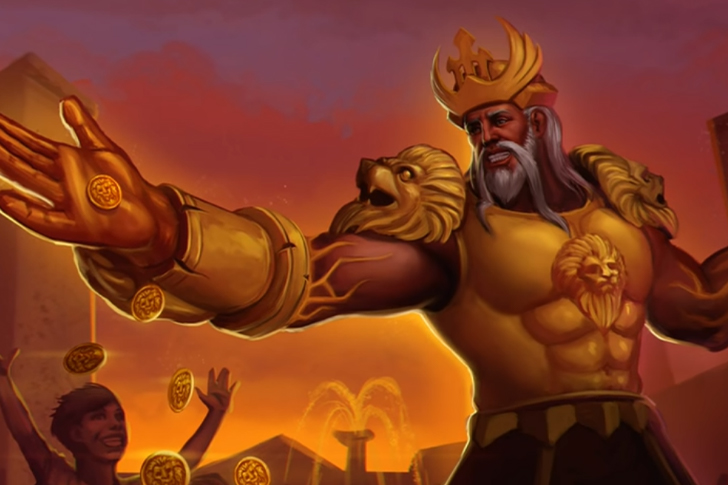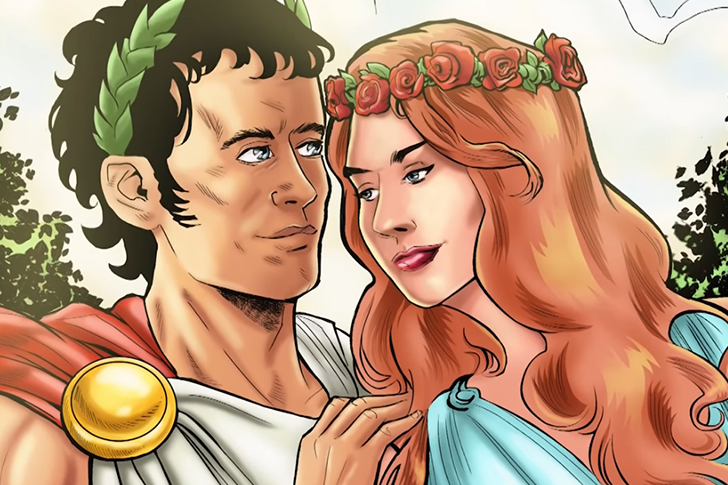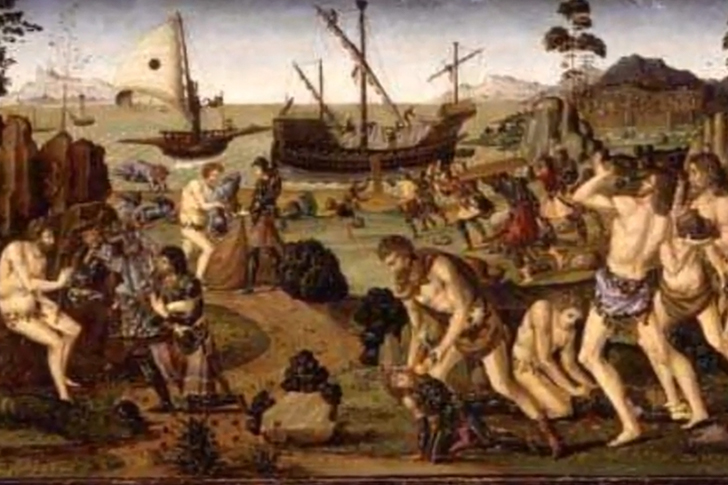Nowadays, most of our questions could be answered through science. Even so, that doesn’t mean we no longer let our imagination run wild.
Centuries before the likes of scientists such as Michael Faraday and Nikola Tesla introduced us to the wonders of electricity, people already had a fascination for things like legends and myths. Well, the same can be said for the ancient Greeks, who have since brought us many of today’s most-recognized characters, such as Orpheus, King Midas, and Odysseus. For this article, we’ll be taking a look at these myths, the stories they tell, and the characters they focused on. Even if they achieved what they were looking for or failed somewhere along the way, it’s safe to say their journey will always be remembered and told for countless generations to come.

King Midas And His Golden Touch
A tale focused on themes of greed and happiness, Midas was the king of a country called Phrygia. Despite being a loving father for his only daughter, the king believed his true happiness lies in all the gold he owned. This escalated to such a degree that he even wished everything he touched became gold. Well, he soon got what he was looking for. The god of wine and revelry, Dionysus, made Midas’ dream a reality, but upon doing so, it eventually became a living nightmare. Everything Midas touched, from the water he drank, the bread he ate, to even the daughter he loved dearly, turned to gold upon contact.
Noticing his sadness, Dionysus told Midas he could undo his golden touch if he washed his hands in the Pactolus River. Midas did as he was told, and to his surprise, the gold from his hands was washed off. Everything he touched returned to normal, and Midas was so happy he could finally hold his daughter again. To his credit, Midas then spent the rest of his days sharing his fortunes with everyone, a gesture fitting for a king loved by man.

Orpheus’ Journey For Love Once Lost
Among many things, Orpheus’ greatest investment would be his talent for singing and playing the lyre. No one, not even the gods or the beasts of the world, could resist the sweet melodies he once played. His music eventually touched the heart of Eurydice, and the two then fell in love. Their time together, however, was short-lived as a viper bit Eurydice and poisoned her to death. Unwilling to let go, Orpheus went to the world of the dead and begged Hades to bring back his only love. Moved by his music, Hades granted the musician’s request, but under one condition: Orpheus wasn’t to look back throughout his exit from the underworld.
Orpheus followed as he was told. After a while, however, he could no longer resist his temptations and turned around to see if Eurydice truly was following him. Yes, she was, but since he disobeyed Hades’ word, Eurydice was brought back to the underworld; and this time, she couldn’t leave. Years after, the musician finally passed away, where he was then reunited once again with Eurydice in the underworld.

Odysseus And His Voyage Home
For the origin of the word “odyssey,” it’s safe to say a portion of the credit goes to Odysseus. With the term associated with long and eventful journeys, Odysseus’ adventure back to his home, Ithaca, is undoubtedly suited to be classified as one. After all, the voyage was only delayed by ten years.
After the fall of Troy, Odysseus and his men embarked on a journey back home to Ithaca. Like many famous myths, however, this was not without its challenges. Throughout this ten-year odyssey, Odysseus and his men overcame the addictive nature of the flower from the land of the Lotus-Eaters, escaped from a cyclops and Poseidon’s wrath, and survived the deathly melodies of the Sirens – and that’s only three out of the ten exhausting obstacles placed along their way. However, as fate would have it, Odysseus was the only one who made it back to Ithaca, the only one who was fortunate enough to be reunited with his family once again.

